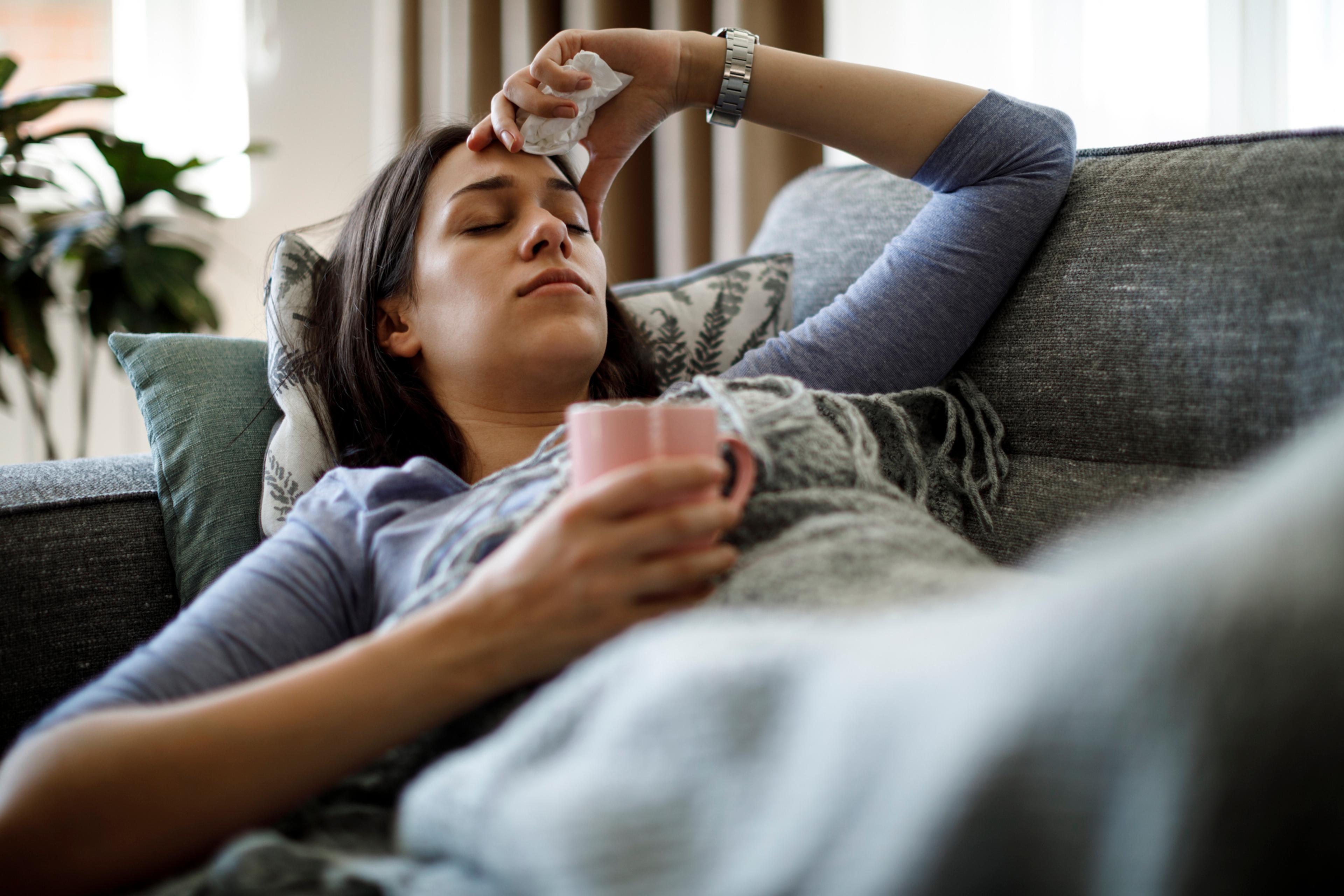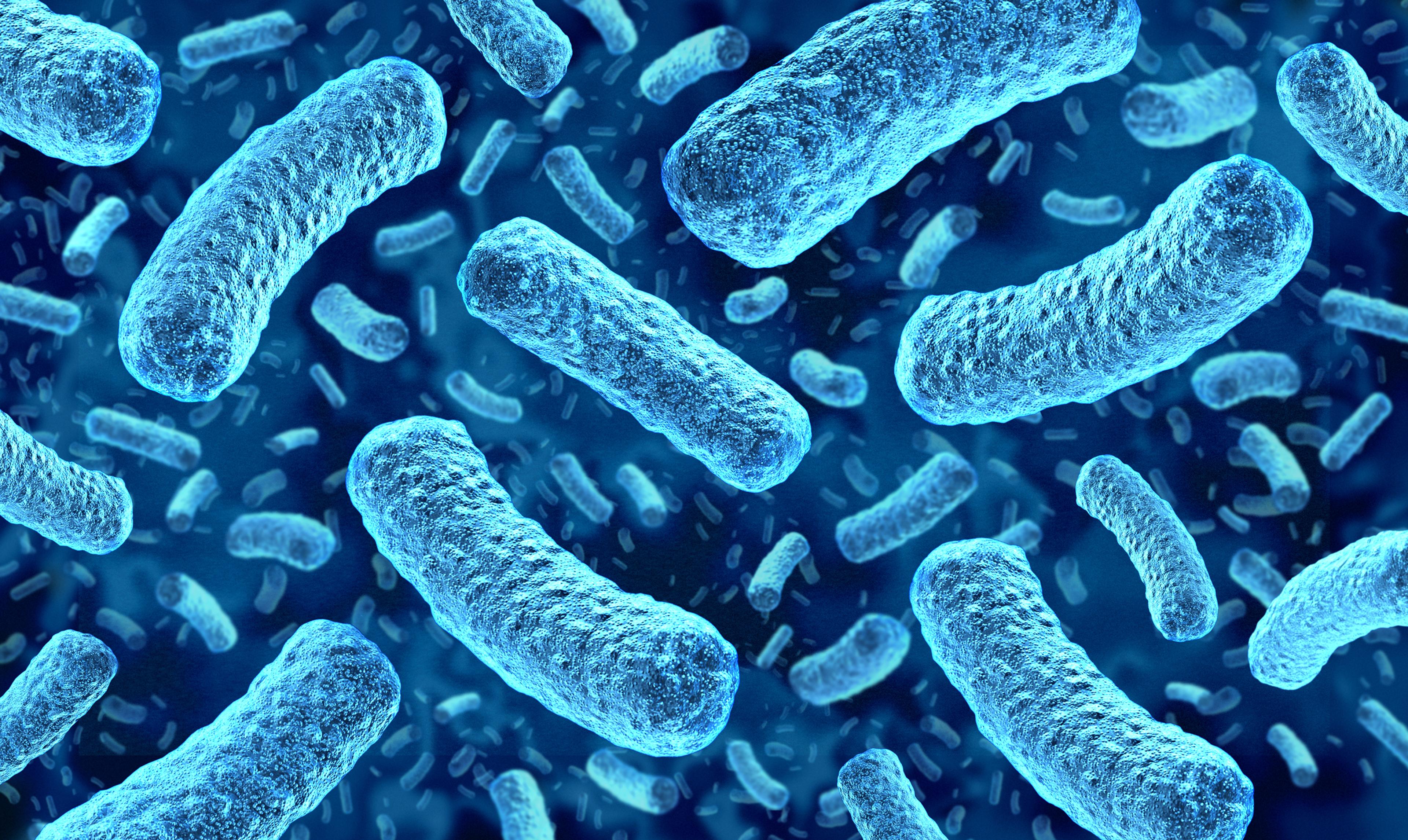Second COVID-19 Vaccine Booster Shot Approved: What it Means for You
Amy Barczy
| 3 min read
Amy Barczy is a former brand journalist who authored...

If you’re age 50 or older and staying up to date with your COVID-19 vaccines, it may be time for a second booster dose. The U.S. Food and Drug Administration recently extended the emergency use authorization of the Pfizer-BioNTech and Moderna COVID-19 vaccines to be used as a second booster dose for individuals aged 50 and up. Previously, only immunocompromised individuals were eligible to receive additional booster doses, as those with weakened immune systems have higher likelihood for unfavorable COVID-19 outcomes. Now, the second booster dose is approved for, and accessible to, even more Americans. Scientific evidence suggests that COVID-19 vaccines are highly effective at preventing virus transmission, severe illness, hospitalization and death. Over time, however, the levels of protection vaccinated people have against the virus – especially among individuals who are older or immunocompromised – can decrease. Booster shots enable individuals to maintain a strong level of protection against COVID-19. If you are age 50, fully vaccinated and have received your first booster dose, strongly consider seeking a second booster dose for maximum COVID-19 protection. The U.S. Centers for Disease Control and Prevention have determined individuals can “mix and match” COVID-19 vaccines and subsequent booster shots, but there are limitations – see guidelines below.
Pfizer and Moderna
If your initial COVID-19 vaccination series was the two-dose Pfizer or two-dose Moderna vaccine, you are eligible for a booster dose.
- First booster dose: Adults aged 18 and older should get the Pfizer or Moderna vaccine five months after initial vaccination. Teens aged 12 to 17 may only receive a Pfizer vaccine booster dose.
- Second booster dose: Adults aged 50 and older must get the Pfizer or Moderna vaccine. The second booster dose must be four months after the first booster dose.
Johnson & Johnson
If your initial COVID-19 vaccination series was the single-dose Johnson & Johnson vaccine, you are eligible for up to two booster doses.
- First booster dose: Adults aged 18 and older should get a booster dose two months after initial vaccination. The Pfizer or Moderna vaccines are preferred as a first booster dose in most situations, according to the CDC.
- Second booster dose: Adults aged 50 and older should get a second booster dose four months after their first booster. If you received the Pfizer or Moderna vaccine as your first booster shot, the second booster must be either the Pfizer or Moderna vaccine.
Talk to your health care provider
If you are age 50 or older or have a compromised immune system, consider speaking with your health care provider to determine a personalized vaccination plan that is best suited for your health and wellness. More from MIBluesPerspectives:
Photo credit: Getty Images





